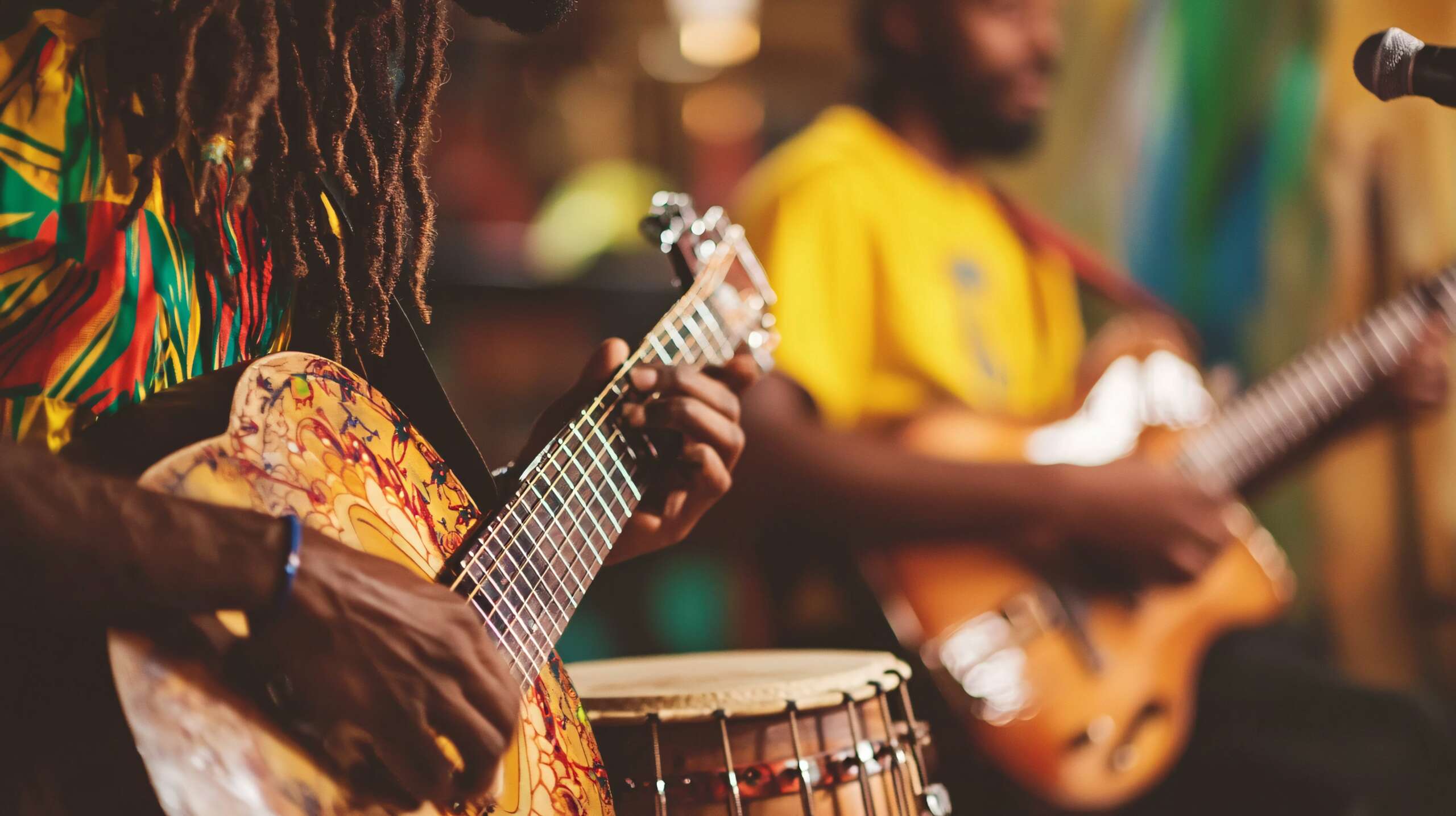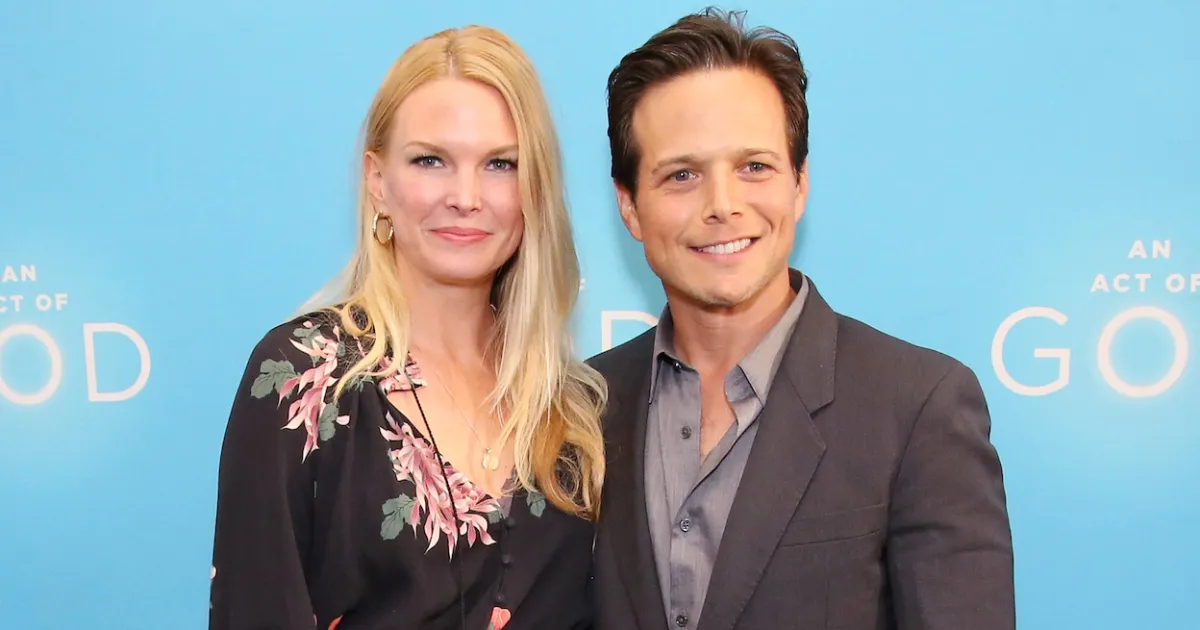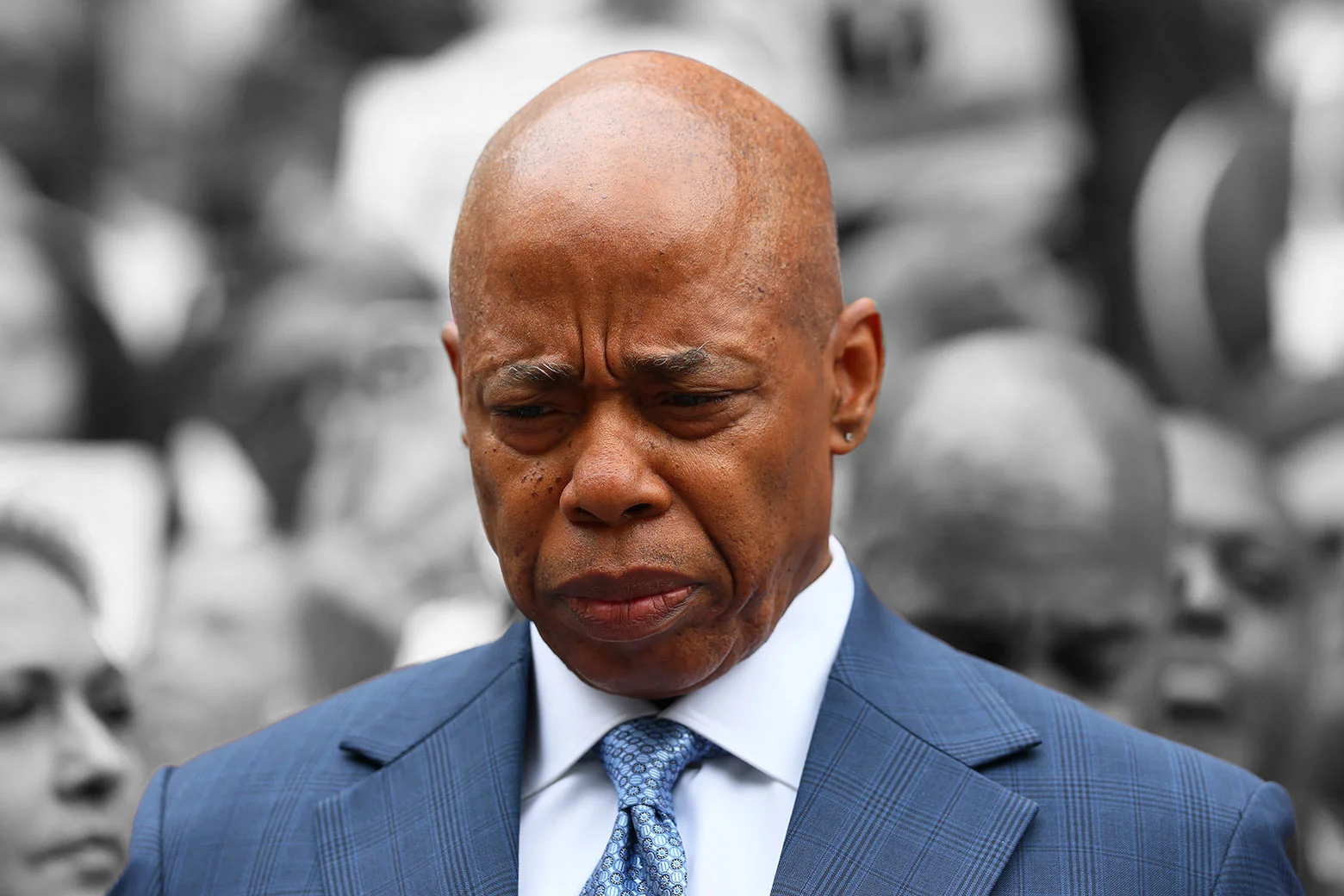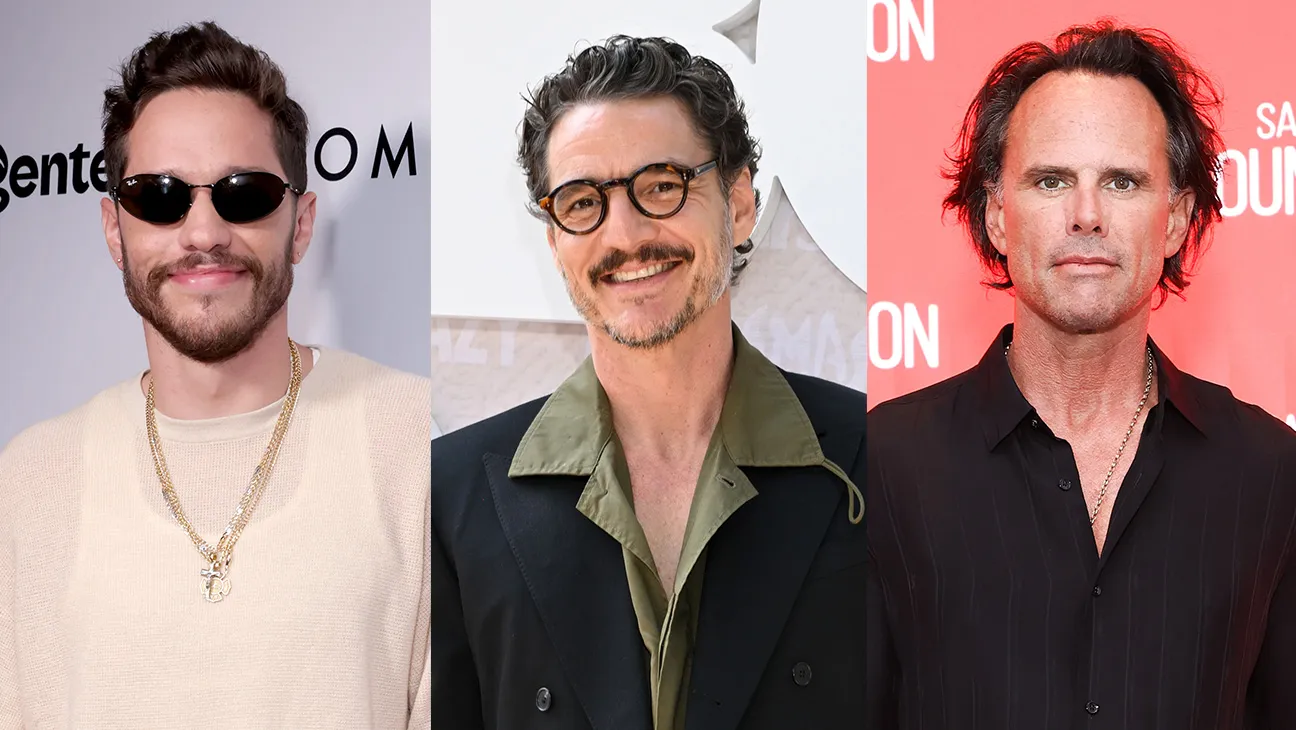By Compass Contributor
Copyright caymancompass

By Compass Contributor Joe Shooman
Is reggae dead?
Snappy the query might be, but the answer was not quite as clear-cut.
At Kingston Creative recently, a panel of experts taking on this enormous subject included Tom ‘Pan!c’ Jones, musician and CEO of musical crucible The Compound; Reggae Revival’s Gavin ‘Dutty Bookman’ Hutchinson; and theorist/author/educator Carolyn Cooper.
First point of call was to determine what exactly reggae meant, aside from the obvious musical quality. According to Pan!c, reggae was vital for those who needed to express themselves about society.
“Reggae was music for the rebel. Reggae was the voice of the person who never have a voice,” he said.
However, culture and society move on; in 2025 putting your head above the parapet meant you made yourself a target.
“I think there’s too much people scared of cancel culture today for reggae to thrive in the way it used to thrive, because reggae used to critique the money [in the 1970s, 80s and 1990s]. Most of the biggest reggae songs was criticizing the man, or talking about the man, which was Babylon, in whatever shape or form Babylon came in.
“[People like Peter Tosh, Bob Marley and so on], during the time of their rise, they spoke about injustice. Today, it’s like cancel culture is so real, nobody wants to even be taken out of context, because a lot of times […people cherry-pick clips from a wider discussion and] just take a sound bite.”
Authenticity is the watchword here, Pan!c said.
“People is not foolish. People is not stupid. You cannot send them something that is fake. They know it’s fake. If you [put] the wrong message out, they’re not going to take it. “
My Generation
Dutty Bookman coined the phrase ‘Reggae Revival’ in 2011, commenting on a groundswell of upcoming musicians in Jamaica. The newer acts’ authenticity, though, was questioned by some.
“[There was] discourse in the public and people were back and forth about it, pointing fingers at different artists and how real they are as reggae artists or not. What I really saw was what a lot of the artists were trying to tell me – because I was one of those people kind of criticizing and kind of pushing, you know, and it took me a while to really understand what they were trying to get across.”
The message was that people were simply no longer following traditional reggae as closely as they used to.
“It will never die in terms of the production of it,” Dutty said, “But it’s up to us as our people to embrace it and to demand it, because it’s always going to be made and we can always find it [if we look] really deep enough.”
It behoves the musicologist to identify generational cultural differences, too. Cooper reached back to a time before the reggae explosion.
“Reggae [to the youth] is like Mento was to young people of my generation. It was nice old people’s music, but it was not reggae. Reggae was our music.
“Well, this is the same thing now for today’s youth – reggae is old people’s music. Their music is dancehall. Reggae is not going to die, as long as you have people creating reggae, but it is not going to be the music of this generation.”
Rock the Casbah
What happens in Jamaica is not necessarily reflected worldwide, and vice versa, Cooper continued. Once reggae was gifted to the world by the rise of Marley, Scratch Perry and others, the world took it and adapted it to their local cultures.
“In West Coast California, they have a whole different scene, which is very bizarre at first, but you have to understand so this is how they grow and then take on to the music. They’re technically proficient, but they have their own type of content and vibration. Nothing wrong with that. To me, when you want to go and work in their space, that’s our prerogative.”
However, this can bounce back to the motherland and cause rebound smudging of the originating culture, even while other countries seek to emulate it.
“What bothers me is that in Jamaica, a sort of globalisation is happening here, in terms of us adopting other people’s cultures and bringing into our thing and mixing it up. And we’ve reached a stage now where I think it may have gone a bit too far, because […] we are losing our culture. Meanwhile, people abroad are trying to be more authentic, authentically Jamaican, than we are trying to.”
Islands in the Stream
Disseminating music is easier than ever before and it’s possible to reach millions of people online with your art. That, however, is a destablising factor in trying to build a sustainable career because huge online numbers simply do not always translate to record and ticket sales. Pan!c lamented the situation.
“Just doing the music alone and writing good songs is not enough. Having an image is not progress. Saying I have 20 million streams and a song is not enough. What we need to do is make sure [we work with] the same people we would have called vampire back in the days [like Island supremo] Chris Blackwell [who put enormous resources into breaking the likes of Marley worldwide].”
Cooper called for professionalism amongst the artists, something she says has been missing.
“I lived outside of Jamaica for 14 years. I just moved back, and it’s so jarring to me to see how people do not act professionally, just simple things like keeping a time commitment, being on time.”
These easy-to-achieve aspects go a long way in the music business, where being reliable says a lot about an artist.
“I know what they’re about. I know they’re serious about your craft. I know they’re serious about their time commitments. I know that when things are laid out in a contract, they understand what’s in the contract, and they’re going to live up to their obligations so that they are not in breach.”
Money, Money, Money
Suggestions abounded on how to push reggae forward once more. Pan!c noted that the creative industry needed financial backing and suggested that the Jamaica Stock Exchange could invest in talent. However, as other attendees at the discussion put forward, it would be a cultural investment because it wasn’t clear as to how that money might come back.
Another intriguing suggestion from the audience was that government could implement reggae education as a subject for school children. Learning the history of reggae would also reveal the music’s ultimate origins in African music, reminding people that music is both global and locally-skewed – and that it has a strong base.
“Reggae music is a roots music,” Pan!c concluded. “We don’t have to do nothing but let the youths take control of it.
“We just need to guide them, get out of the way and let them deal with it.”
Kingston Creative runs regular meetings, discussions, gigs and creative events in order to help Kingston leverage its creative heritage, world-class talent and reach its potential as a creative city for all. Kingstoncreative.org
Joe Shooman is a UK-based writer of 14 published music and culture books, and a former Cayman Compass staff journalist



